Traveling is fun, but it can also be stressful. Plan ahead by keeping these essentials close at hand for a smooth trip!
You don’t need much to have a great trip.
You don’t need much to have a great trip. That’s because traveling light is better for your wallet, your health, and the environment. So even if you’re planning to pack only as much as you can carry in one hand, there are some essentials that should be considered before you hit the road.
First of all, it’s important to look at what kind of traveler you are: do you prefer staying at luxury hotels or hostels? Do you want to spend your time exploring nature or visiting museums? Are there any specific activities (hiking, surfing) that interest you? These things will inform how much gear and equipment is necessary for your trip.
Start with basics.
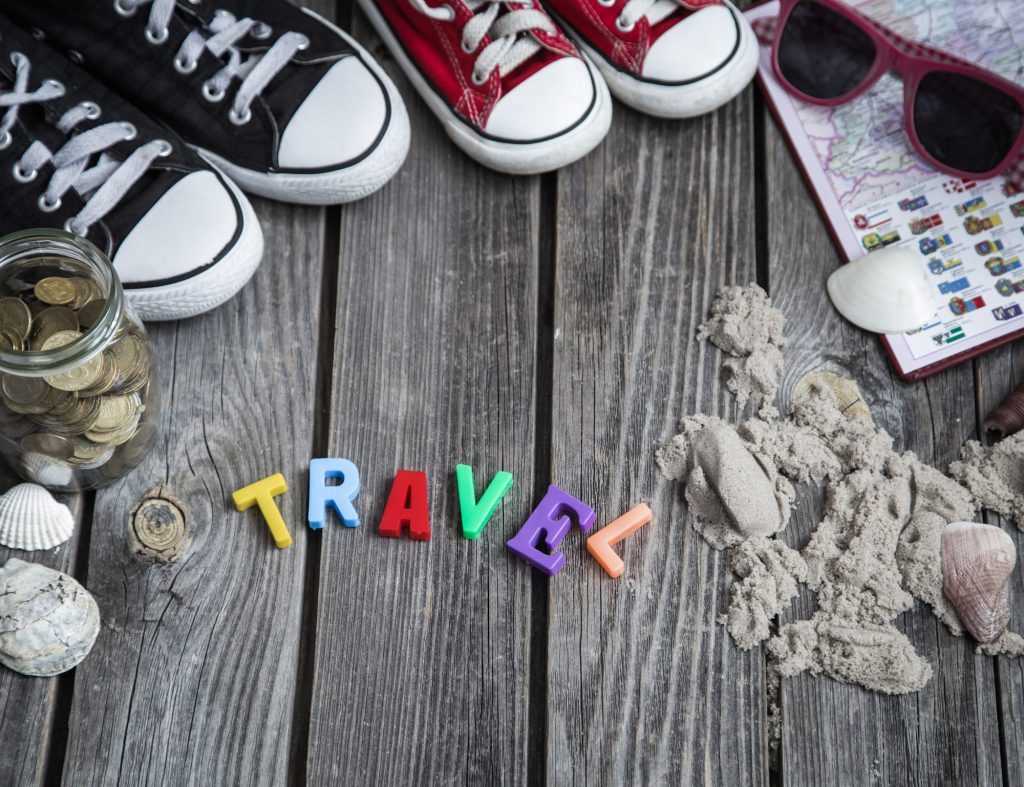
If you’re going to survive, let alone thrive, on your trip, these are the things that you can’t live without. They’ll make it possible for you to have a good time and explore your destination in comfort. It might seem like extra weight or an unnecessary expense at first glance but trust me: these items will be worth their weight in gold when it comes time to pack up and hit the road!
Bring the essentials.
- Make sure you pack a good pair of shoes. It’s tempting to wear your “travel” shoes, but they probably aren’t very comfortable on long walks or hikes. Opt for a pair of sneakers with good arch support and plenty of room in the toe box (no flip-flops).
- Bring more than one pair of underwear and socks, since it’s likely that at least one will get wet during your travels.
- Don’t forget an extra t-shirt or two—you’ll want something clean every day on your trip, so pack accordingly. You can also bring along a sweatshirt if you think it might get cold where you’re going (but don’t worry if they’re too bulky). Pack jeans if you need them—jeans are great because they look nice but are still comfortable enough for long days spent wandering through cities!
Don’t forget sunscreen, and bring an empty water bottle to stay hydrated.
- Sunscreen: If you’re planning a short trip, it’s probably safe to leave your sunscreen at home. But if you’re traveling for several days or more, it’s smart to bring some along.
- Water bottle: I’m never without my Camelbak and always have a reusable water bottle with me when traveling by car or plane. It also comes in handy when I forget my purse on long flights because one way to get around the beverage fee is simply to stay hydrated!
Prescription medicines and a small first aid kit can make all the difference when you’re traveling.

- Prescription medicines: If you are traveling with a chronic health condition, it’s important to bring all of your prescription medicines with you.
- First aid kit: A first aid kit should include bandages, gauze pads and wraps, antibacterial ointment (Neosporin) and clean water for cleaning wounds. Also bring any medications that you may need for pain or allergies, such as ibuprofen and antihistamines.
- Other items to consider: Consider keeping a supply of plastic bags or Ziplock-style containers to help keep things organized during your travels. You’ll also want something sturdy to store your luggage in when traveling by plane or train—a canvas duffel bag is perfect for this purpose since it can serve a dual purpose as an overnight bag once you reach your destination!
- Keep skin care products simple, and use a hair turban to keep your face dry on flights!
Bring personal items like eye masks to make rest more comfortable.
If you’re traveling by plane, bus or train, an eye mask can make all the difference. A sleeping mask helps block out light so that you can sleep when your body is trying to adjust to a new time zone. If you find yourself staying in hotels during your trip, an eye mask can also give you the privacy and darkness needed for a deep sleep in bustling places like cities where streetlights shine into rooms at night.
Eye masks are perfect for camping trips as well! Camping often takes place under bright sunsets and starry skies—the only problem is that those things make it hard to fall asleep! An eye mask will protect your eyes from the harsh glare of daylight while keeping them shut tight at night so they don’t catch any light during slumber time.
An emergency kit for your car could mean the difference between a minor inconvenience and disaster.
When it comes to the safety and comfort of your car (and your life), you can never be too prepared. An emergency kit is one of the most important things a driver can have in their vehicle, because no one ever knows what might happen on the road. Here are some tips for how to create an emergency kit:
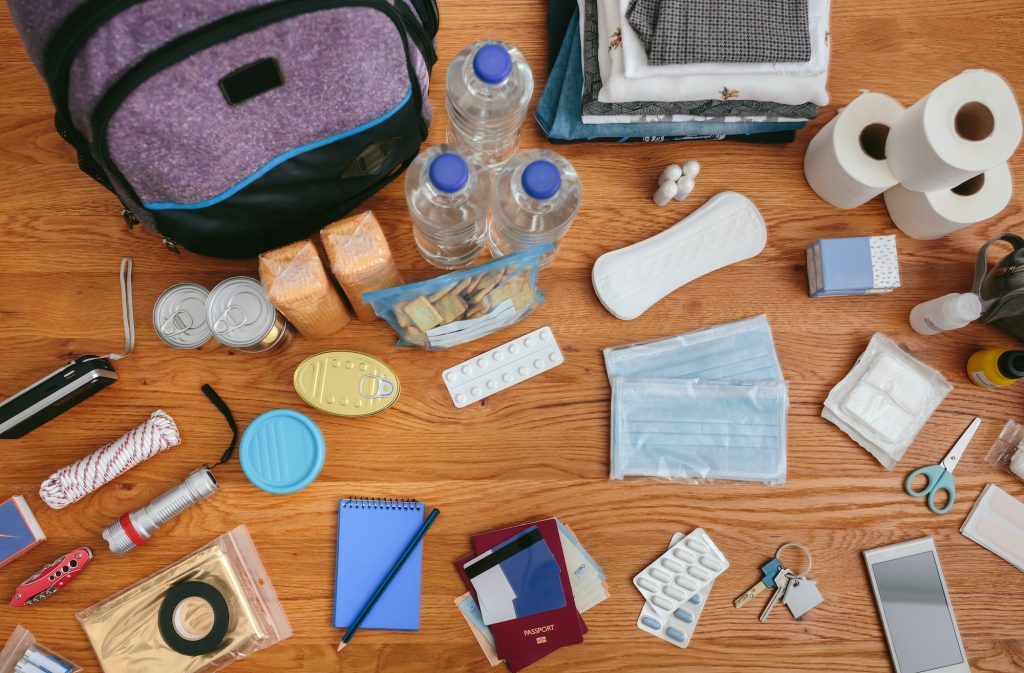
- The best place to store your kit is in an easy-to-access location like under or behind the driver’s seat, but if that’s not possible, keep it somewhere else within reach. You want to be able to grab it quickly if you need it!
- Include basic items such as blankets and water bottles so that if something happens and you get stranded somewhere with no access to help, at least you’ll have supplies until help arrives (if ever). Don’t forget about flashlights too! Nothing says “emergency” like being stuck in total darkness with no way out— which brings us back around again: pack those flashlights!
- Pack any medications that may come in handy during an emergency such as cold medicine or allergy relief medication; even better yet? Pack double doses just in case one isn’t enough.
Traveling light has many rewards, but be sure to keep essential items with you.
Traveling light has many rewards, but be sure to keep essential items with you.
When it comes to travel, the phrase “traveling light” is synonymous with “packing well.” Packing lighter means that you are more comfortable on your trip and have less stuff to carry around (and remember). Here are some other reasons why packing light is better:
- Traveling with a small bag makes it easier for you not only to navigate in crowded areas but also make room in your car or wherever else you’re traveling by train, bus or boat. Many airlines charge for checked baggage; if the airline loses your luggage (or sends it back late), then getting reimbursed will be a challenge (if possible at all).
- Traveling lightly helps reduce waste because there’s less plastic used in packaging things up when they get shipped over long distances before they finally reach their destination overseas. This reduces our carbon footprint as well as reducing pollution worldwide!
- If you find yourself needing something during your trip—you forgot an important item at home—it’s easy enough just run out into any local shop nearby instead of spending hours scouring department stores trying desperately find what exactly needs replacing urgently.
By taking these simple steps, you can travel lighter and more comfortably. But don’t forget to pack some fun as well! You might want to bring along a book or two, some podcasts that will keep your mind engaged during long drives (or flights), and maybe even a small portable game console.

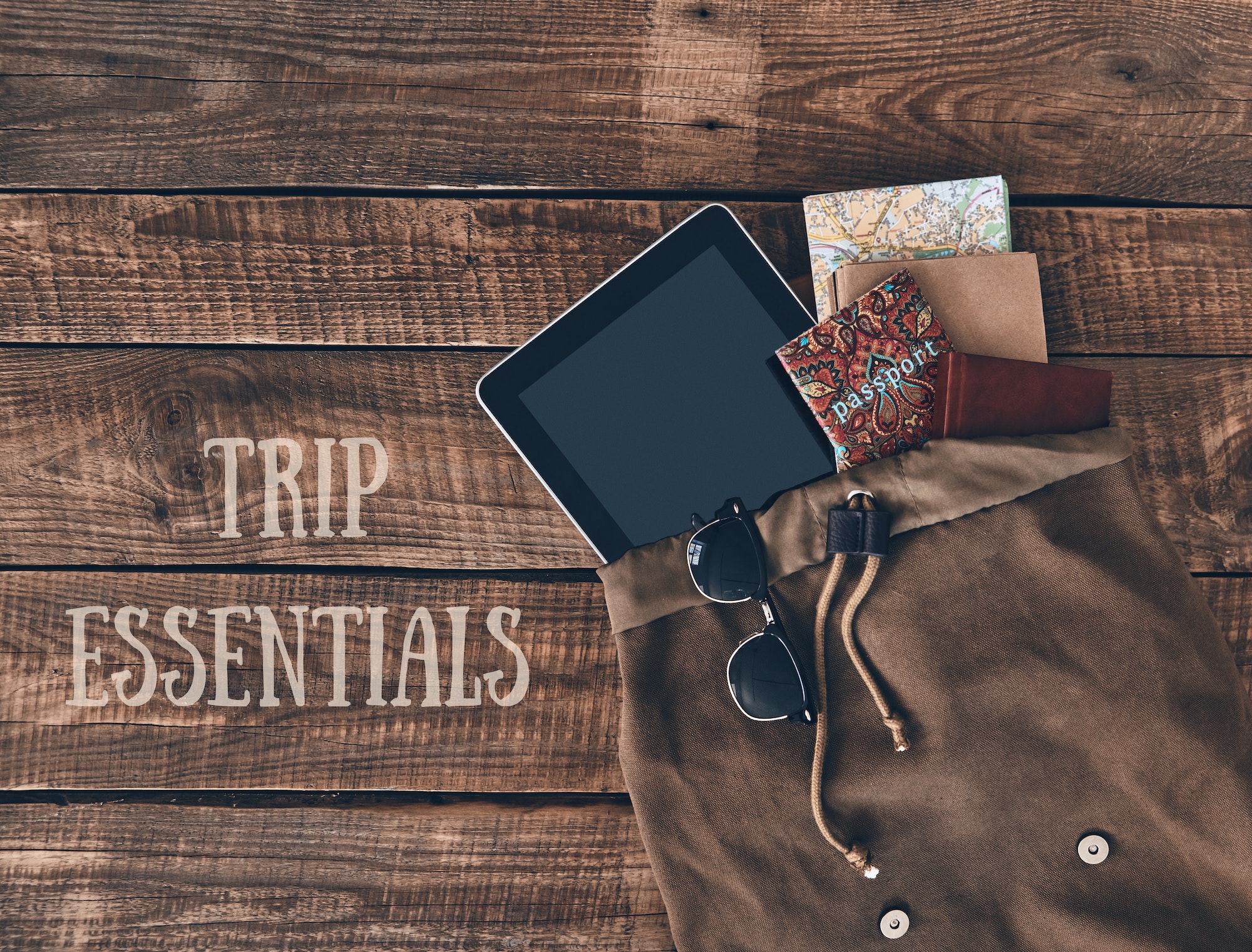
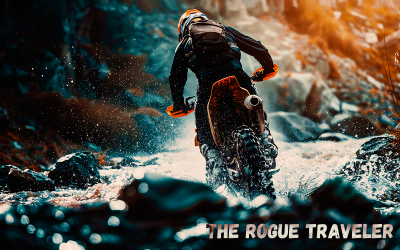
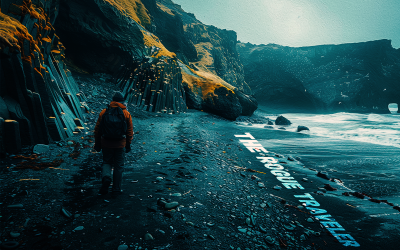

0 Comments